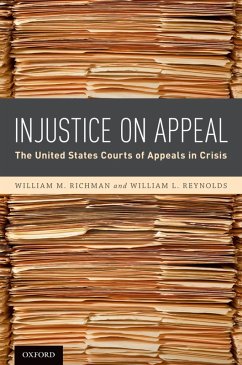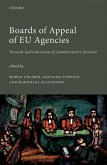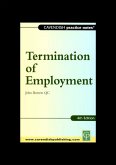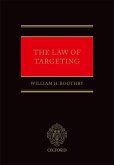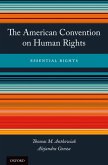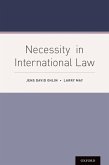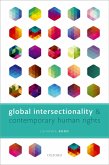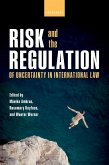The United States Circuit Courts of Appeals are among the most important governmental institutions in our society. However, because the Supreme Court can hear less than 150 cases per year, the Circuit Courts (with a combined caseload of over 60,000) are, for practical purposes, the courts of last resort for all but a tiny fraction of federal court litigation. Thus, their significance, both for ultimate dispute resolution and for the formation and application of federal law, cannot be overstated. Yet, in the last forty years, a dramatic increase in caseload and a systemic resistance to an increased judgeship have led to a crisis. Signed published opinions form only a small percentage of dispositions; judges confer on fifty routine cases in an afternoon; and most litigants are denied oral argument completely. In
Injustice on Appeal: The United States Courts of Appeals in Crisis, William M. Richman and William L. Reynolds chronicle the transformation of the United States Circuit Courts; consider the merits and dangers of continued truncating procedures; catalogue and respond to the array of specious arguments against increasing the size of the judiciary; and consider several ways of reorganizing the circuit courts so that they can dispense traditional high quality appellate justice even as their caseloads and the number of appellate judgeships increase. The work serves as an analytical capstone to the authors' thirty years of research on the issue and will constitute a powerful piece of advocacy for a more responsible and egalitarian approach to caseload glut facing the circuit courts.
Dieser Download kann aus rechtlichen Gründen nur mit Rechnungsadresse in A, B, BG, CY, CZ, D, DK, EW, E, FIN, F, GR, HR, H, IRL, I, LT, L, LR, M, NL, PL, P, R, S, SLO, SK ausgeliefert werden.

